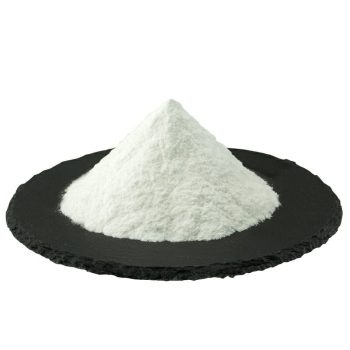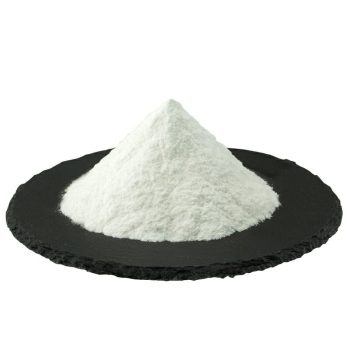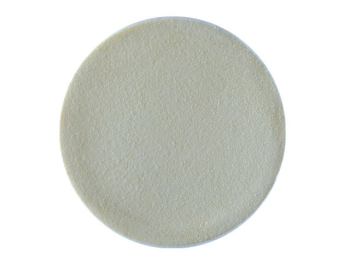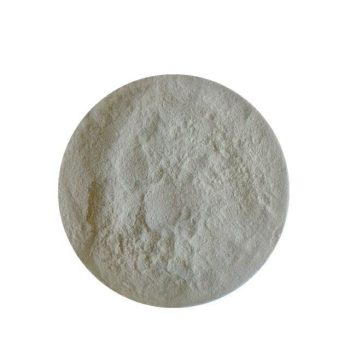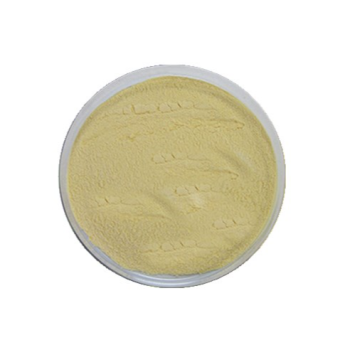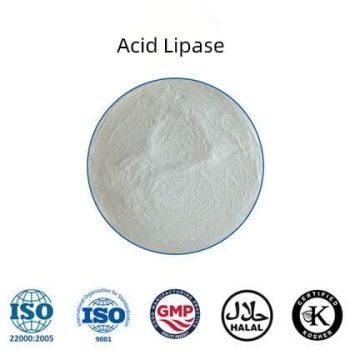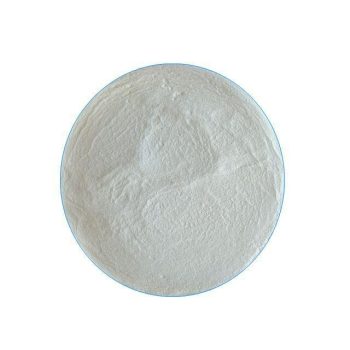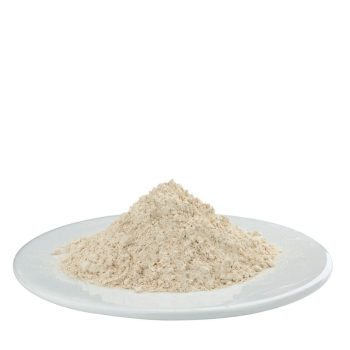Want to buy Lipase enzyme in bulk? Enzymes.bio is a wholesale supplier for enzymes at competitive prices. As a manufacturer, we offer a variety of enzyme products.
DESCRIPTION
Lipases (CAS Number: 9001-62-1) used for the baking industry are both made from the best strain through submerged fermentation and extraction technique.
USAGE
Range of application
Suitable for flour milling and bread flour improver.
Lipase Application
Everyone loves to eat freshly baked, warm bread. But what about the people who make it? For those breaking their backs flipping dough and kneading with wheat flour, it may be time to let the baking lipase enzyme do all of the work for them. It is made submerged fermentation of Aspergillus niger and helps baking industry professionals by giving their dough handling properties a boost, strengthening gluten strands, and giving that perfect crumb texture!
If you are looking for an enzyme that can enhance the flavor of cheese products, then lipase 20,000U/g is the product you are seeking. This is because it enhances the flavor of cheese while also breaking down fat and protein.
Fat molecules are really stubborn! Not only do they cling to each other tightly, but they’re also large. This makes it difficult for you to break them down quickly – not to mention that your fat cells are constantly replenishing themselves. If you’re looking for a way out of that frustrating situation, then this acid lipase enzyme is exactly what you need!
Lipase enzymes are a naturally occurring enzyme that serves to break down fats in animal feed. By facilitating digestion and absorption of nutrients, livestock lipase allows for increased feed conversion rates among animals, saving farmers money! Lipase is an environmentally friendly solution because it promotes the recycling of natural resources used in its production.
STORAGE
Transport and store in cool dry place and avoid direct exposure to sunlight or moisture. Stored below 25℃ in original sealed package, activity of solid enzyme remains stable for a period of up to 24 months. The shelf life can be extended when stored at 5℃.
More About Lipase Enzyme
- Specific lipase would improve the handling properties of the dough, the dough strength and stability, the machinability of the dough and the oven spring.
- It also improves crumb structure and whiteness.
- The use in baking is claimed to be an alternative to chemical dough enhancers and emulsifiers.
- Lipase also increases the surface pressure of fuel cells, resulting in a better distribution of smaller, better-tolerated fuel cells.
- The result is a finer and silkier crumb structure, an optically whiter color, better dough handling properties, and a larger bread volume.
- Lipase belongs to the family of hydrolases that act on the bonds of carboxylic acid esters.
- A large number of microorganisms are able to use natural oils and fats as a source of carbon for their growth.
- The enzymes responsible for breaking down oils and fats before they are digested by microorganisms are extracellular lipases, which catalyse the hydrolysis of free fatty acids, partial diglycerides and glycerols. trịglycerides tö free fatty acids, partial diglycerides and glycerols.
- Lipases catalyze esterification, acidolysis, alkalolysis, aminolysis in addition to hydrolytic activity on triglycerides.
- It has low substrate specificity, i.e. the ability to hydrolyse fats of different compositions; the ability to withstand relatively harsh washing conditions (pH 10-11, 30-60C); and the ability to resist harmful surfactants and enzymes, e.g. linear alkylbenzene sulfonates (LAS) and proteases.
- In eukaryotes, lipases are involved in various stages of lipid metabolism, including digestion, absorption, reconstitution, and metabolism of lipoproteins.
- In plants, they are found in the energy reserve tissues of all detergent formulations.
- Lipases that have been studied show profound stability around pH 6.0 – 7.5
